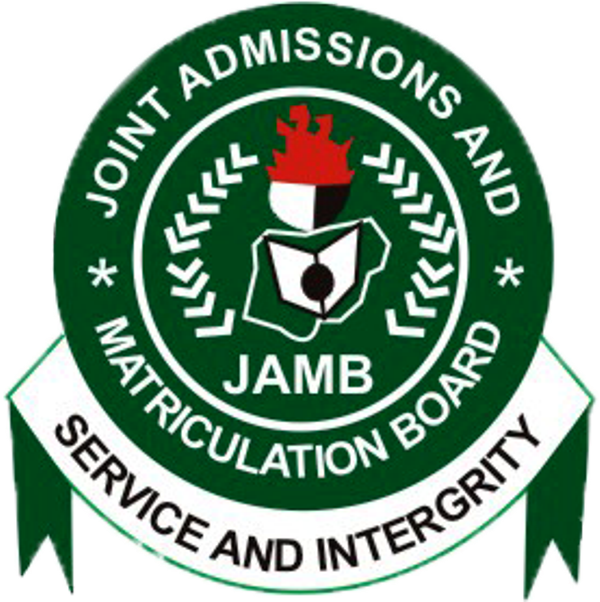EDUCATION
JAMB cut-off point not yardstick for determining best students — Don

Prof. Vicky Sylvester, Director, Consultancy Services Unit of the University of Abuja, has argued that candidates’ poor performance or otherwise in UTME does not really determine the best among them.
Sylvester expressed the view in reaction to the minimum cut-off point fixed by stakeholders in the Unified Tertiary Matriculation Examination (UTME) conducted by Joint Admissions and Matriculation Board (JAMB) in May.
She said in an interview with our reporter in Abuja on Thursday that education largely did not depend on cut-off point.
“There is a lot of discontent in connection with the results of many students; I think it is all about personal attitude toward education.
“So, if you come up with 120 cut-off point and your SSCE result is good as well as credible performance in the university, nobody will complain about your performance.
“We have students who are performing very well in spite of everything; there are still some students who scored high points in both SSCE and JAMB but are performing very poor in the classroom.
“And most times they are the ones giving problems to the university, at the end they graduate with poor results.
“So, education generally goes beyond JAMB results,’’ she said.
Sylvester further explained that reducing the cut-off point was an attempt to favour certain parts of the country, especially those areas that had problems of scoring low marks.
“I think the decision of the stakeholders to reduce the cut-off point as low as possible is to make up for those areas that were generally expected to have lower cut-off point.
“People have complained previously on why there should be disparity in the distribution of cut-off point among states and tertiary institutions,’’ Sylvester said.
Similarly, Prof. Mamman Shuaibu, former Director of Planning, Federal Ministry of Education, said the cut-off point would take care of some segments of the country as “all fingers are not equal.’’
Shuaibu also said that the low cut-off marks would liberalise admission to universities.
“I think what they have simply done is to increase the number of possible candidates that the universities, polytechnics and colleges of education can consider.
“The colleges of education have been complaining about the reduction of candidates that applied to them in the previous admission exercises.
“But in this way, the stakeholders have increased the pool in which all these institutions can admit students easily,’’ Shuaibu said.
However, Mr Olatunji Jekayinfa, Sustainable Development Goals Desk Officer, National Mathematical Centre, said that reducing the cut-off mark below the supposed average score of the total marks was unacceptable.
Jekayinfa noted that in test and evaluation process, “if a test is administered and the majority of the students are failing then the content of the test should be checked.
“There are four subjects that the students are expected to take for UTME examination and each of them is 100 marks.
“So, for the four subjects the total score is 400 and the average score is 200, if the cut-off marks will be below 200 it is unacceptable,” he explained.
He further argued that the cut-off point should not be more than 30 marks below the average score of the examination total mark, saying going as low as 120 could be a jeopardy to the nation’s education system.
Also, Dr Mike Ike-Ene, the Acting Secretary-General, Nigeria Union of Teachers, said the drop in the cut-off mark did not mean that the candidates did not prepare well for the examination.
He said that it could be that the UTME examination was above their level.
“I don’t think that lowering the cut-off mark is an indication that the candidates are failures, rather it depends on the standard that was used for the examination,” he said.
Stakeholders met on Monday and fixed the minimum cut-off mark for admission to universities at 120, the lowest in recent history.
The stakeholders also fixed 100 marks for admission to polytechnics and colleges of education and 110 for innovative enterprising institutes.
Previously, the cut-off mark for universities had hovered between 180 marks and 200 marks, while that for polytechnics and colleges of education ranged from 160 marks to 180 marks.




 Davido's Net Worth & Lifestyle
Davido's Net Worth & Lifestyle 
